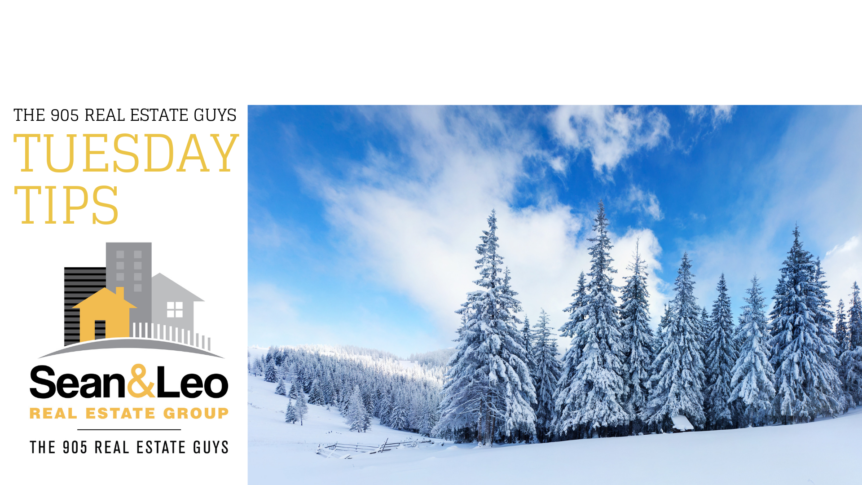Canadian winters are famous for being cold. Winter storms and cold temperatures can be dangerous. Stay safe and healthy by planning ahead. … If you are prepared for the hazards of winter, you will be more likely to stay safe and healthy when temperatures start to fall.
While it’s true that many of us spend more time indoors in the winter, there are also those who embrace the outdoors, the snow and cooler temperatures.
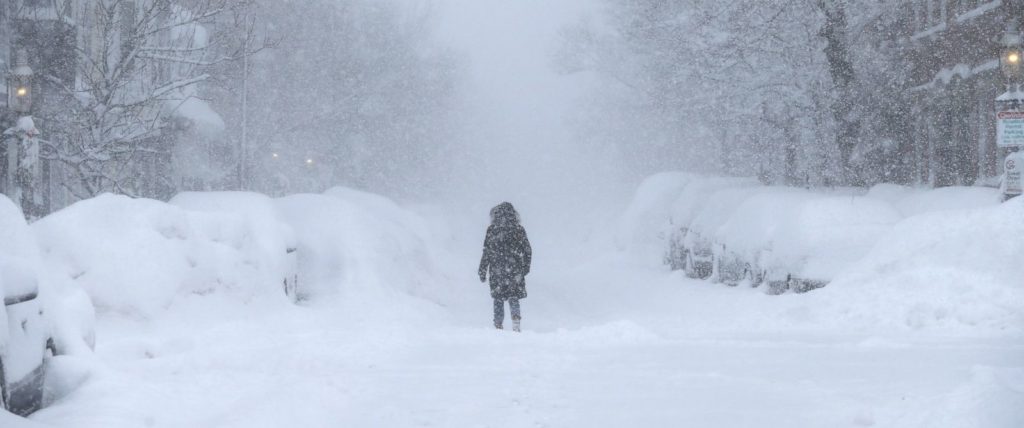
For many parts of Canada, winter can mean bitter cold and winter storms that bring high winds, icy rain, or heavy snowfall.
This winter, get prepared for whatever the season will bring, whether you are indoors or out.
Follow these 6 tips for staying safe in a Canadian winter:
1. Stay safe indoors.
Winter is a busy season for fires in Canada. That’s why it’s important to be mindful of fire prevention and safety. Make sure you have working smoke alarms, don’t leave burning candles unattended and if a pot catches fire while cooking, put a lid on it. Read more tips.
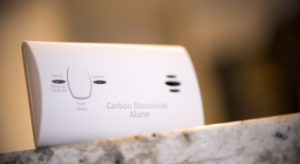
As the snow starts to drift against your house, homeowners with high-efficiency furnaces should make sure their fresh air intake and exhaust pipes are free of snow. They’re usually white plastic pipes that come out of the side of a home. A blocked intake pipe or exhaust vent could result in carbon monoxide poisoning. The same is true for dryer vents. Check vents frequently during periods of heavy or blowing snow.
A carbon monoxide detector is the best way to protect you and your family from this potentially deadly threat. Install CO alarms where they can be easily heard, outside each sleeping area and on every level of the home. When installing a CO alarm, always follow the manufacturer’s instructions. Test CO alarms at least once a month and replace batteries according to manufacturer’s instructions. Read more tips
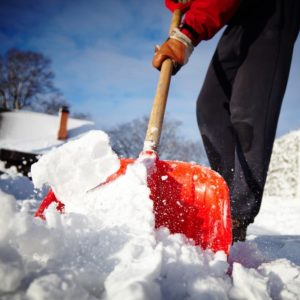
2. Snow removal
It is important for property owners and/occupants to clear snow and ice within 24 hours after the end of a snow event from sidewalks adjacent to their property and from roofs that overhang the City sidewalk. After shovelling sprinkle salt or snow melter on sidewalks, walkways and driveways to prevent ice build up and accidents. Snow clearing tips
3. Check your family emergency kit.
You likely have some basic emergency kit items already in your home, such as a flashlight, battery-operated radio, food, water and blankets. The key is to make sure they are organized, easy to find and easy to carry (in a suitcase with wheels or in a backpack) in case you need to evacuate your home.
Use this CHECKLIST to help put your kit together.
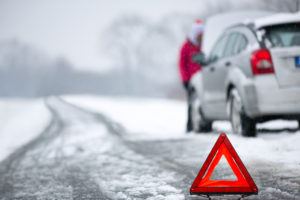
4. Keep an emergency kit in your vehicle.
Prepare an emergency kit and keep it in your vehicle. Refresh the supplies for winter. For example, add an extra blanket or new food items. Use the following list for ideas.
5. Check weather reports.
When severe winter weather threatens, Environment Canada issues special alerts to notify Canadians in affected areas so that they can take steps to protect themselves and their property. Check out Environment Canada’s page on winter weather to learn more about the various weather alerts.
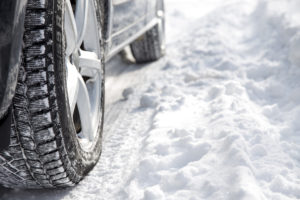
6. Get informed and go outdoors.
Are you eagerly awaiting your chance to hit the slopes? Dreaming of making tracks with snowshoes? Check out AdventureSmart.ca to help you plan for a safe and enjoyable outing, whatever your passion. AdventureSmart.ca encourages everyone to follow the three T’s: Trip planning, training and taking the essentials for any outdoor adventure. Here are some key tips for winter adventures:
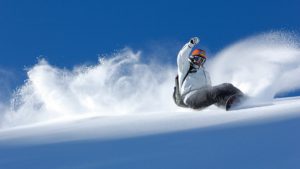
Before heading out, complete a trip plan and leave it with friends or family. You can find a template online at AdventureSmart.ca
Get trained for your adventure and stay within your limits.
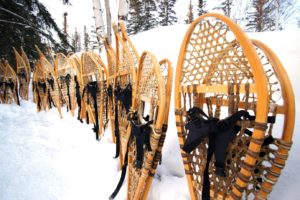
Take survival essentials with you and equipment like a communications alerting device in case of an emergency. In avalanche terrain, for example, essential equipment includes a probe, beacon and shovel.
Wear a helmet when skiing, skating, snowboarding and snowmobiling. Dress in layers to avoid hypothermia and keep your head, ears and hands covered to prevent frostbite.
Winter may be cold, but it doesn’t have to be dangerous — stay warm and safe and enjoy your winter, inside and out!
Tips courtesy of Public Safety Canada.
THE 905 REAL ESTATE GUYS
info@905realestateguys.com
Sean Kavanagh 905.220.9198
Leo Manchisi 905.334.9650

